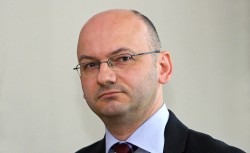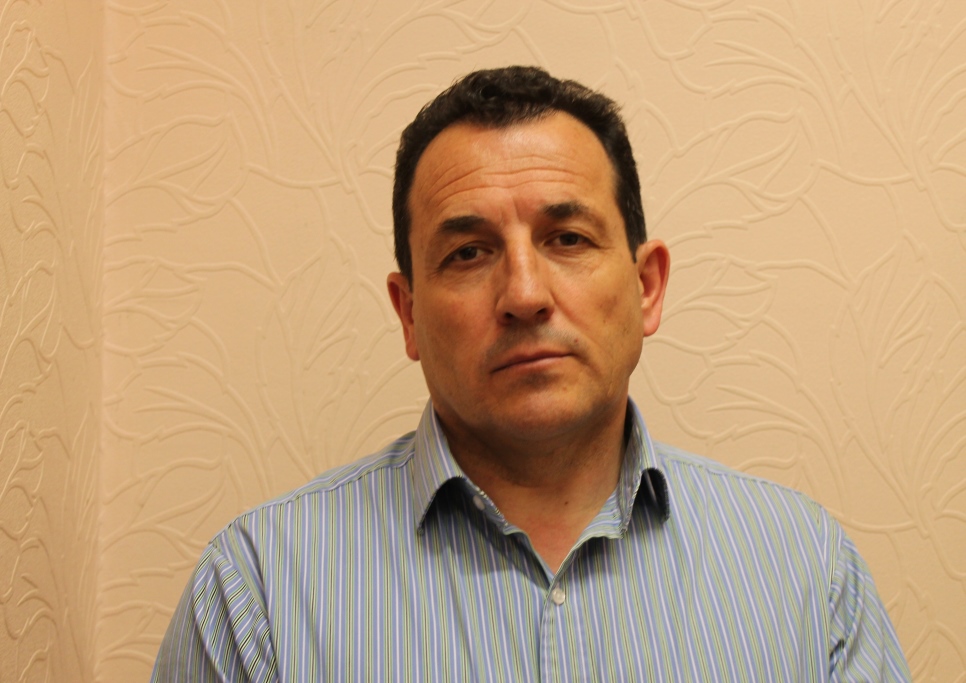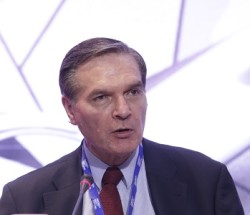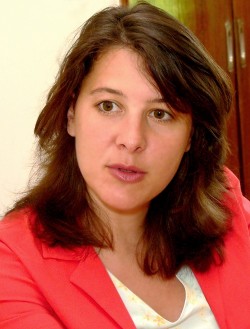Session 7: What Choices for Countries in Between in an Increasingly Divided Europe?
(In partnership with European Council on Foreign Relations-ECFR)
Chatham House Rule
Discussion Points:
- Is it possible for neutral countries to separate military neutrality from the political, and if so, how can they do it?
- What can the various neutral countries take from each other with regards to specific brand of neutrality?
- Is it possible for a country to remain neutral and be a member of the European Union at the same time?
- Will the EU preserve its unity in foreign policy with all the challenges it is facing today?
Background
As the tension grows between the European Union and Russia, neutral countries are put in a tough spot. Western Balkan countries, reliant on Russia and the EU economically, are struggling to balance their relationships politically much more. The state of flux in the EU, almost constantly expanding, but at the same time always threatening to stop and condense, has led to more unsteadiness for countries trying to join.
Serbia especially, with a traditionally strong relationship with Russia and a reliance on their oil and gas, must balance their relations with Russia and their potential EU membership. So far, it has been able to do that, but as Serbia gets closer and closer to EU membership, the balance will be harder and harder to maintain.
While the interest the East has in Serbia is certainly enticing and hope of strong relations with both the East and the West might be promising, the strict accession process for the EU leaves little wiggle room for negotiation. Relations with Russia might be easier to attain, but there is less of a reward as well. Russia is not the biggest investor in Serbia, but they are happy to strengthen economic relations regardless of political issues. While the EU has been the largest investor in Serbia over the last decade or so, they also demand a lot from Serbia politically in return, like normalizing relations with Kosovo and other large scale reforms.
As Western Balkan countries have handled their relations between East and West differently, Serbia decided to pursue the road of neutrality hoping to maintain good relations both sides. The main role models were Nordic countries (especially Finland and Sweden). Although these countries declined to join NATO and are maintaining its neutrality, they nevertheless joined the sanctions against Russia being the members of the EU. This is one of the main differences between Nordic and Serbian neutrality.
Another difference is the fact that after 2014 Serbian neutrality is not seen only as a tool to remain outside military alliances (namely NATO). It became also a tool to remain neutral in the conflict between the EU and Russia concerning the crisis in Ukraine. The position of Serbia is quite opposite to the position a EU candidate country is expected to have – alignment with EU foreign policy including economic sanctions. Although the EU showed some understanding for this Serbian position it clearly stated that Serbian foreign policy will have to follow European in order for Serbia to become full member of the EU. The accession negotiations between EU and Serbia just started and this issue will be an important part of them. We can definitely expect that Serbia will face strong pressure to leave its equidistant position between the EU and Russia.
————————————————-
Selected Readings
- Serbia’s Russia-EU Balance (Stratfor Analysis, April 2013)
- Novakovic, I.; Neutrality in the 21st century: Lessons for Serbia (International and Security Affairs Centre, 2013)
- de Borja Lasheras, F., Tcherneva, V., Wesslau, F.; Return to instability: How migration and great power politics threaten the Western Balkans (ECFR, March 2016)
- Bieri, M; The Western Balkans between Europe and Russia (Center for Security Studies, March 2015)
- Oxentierna, S, and Olsson, P; The economic sanctions against Russia: Impact and prospects of success (FOI Sweden Defense Research Agency, April 2016)
2015
Plenary Panel 3 – The Crisis in Ukraine—Lessons (not) Learned from the Western Balkans
Session 9 – The Russian Dilemma: What Kind of International Order is Russia Seeking?
Plenary Panel 4 – Improving the European Model of Governance: Ways Forward
2014
Session 3 – The OSCE 40 Years after the Helsinki Accords
Session 7 – Will the Outcome of the Ukrainian Crisis Determine a New Path for Europe and Beyond?
2013
Session 1 – New Model of State Emerging from the Economic Crisis
Session 6 – Rethinking the EU’s Mediterranean Policies: Europe’s Security Shortcomings
Useful Websites






